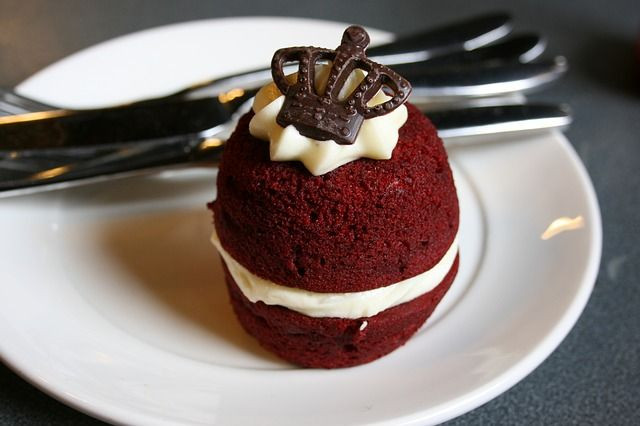Addicted To Junk Food? Study Suggests We Can Train Mind To Switch Off Binge Eating Habits

America is truly a junk food nation, but a new study from the University of Sydney has some good news over just how much control we really have over our unhealthy eating habits. The study found that rats could be trained to pull themselves out of eating binges with simple cues, and the team believe the same is true for people.
The study, now published online in the journal Frontiers in Behavioral Neuroscience, found that mice, like humans, lose the ability to make conscious decisions about their eating when they are in an environment that promotes poor food choices — much like how humans are more likely to eat poorly when they see external cues, like a McDonald's sign, Medical Xpress reported. However, a simple sound cue was enough to bring the mice out of their food binges and be more conscious about what they consumed. Although the experiment was conducted on mice, the team believe it suggests that humans could practice similar interventions to help interrupt automatic junk-food eating habits.
Read: Obesity May Worsen Episodic Memory, Make It Harder To Keep Track Of Certain Events
We often believe that people have complete control over what they eat, and shame obese individuals for not having more self control. However, the mouse experiment showed this is not always true. Environmental cues can throw us off, and make us switch into automatic mindless eating habits. However, the news is not all grim; just like the mice, we may be able to snap ourselves out of our mindless mindset with the right cues.
These findings could have important implications. According to the National Institutes of Health, more than two in three American adults are considered to be overweight or obese, and more than one in three are obese. Giving overweight and obese individuals tools to help them self-correct their poor eating habits could be critical to helping them make lifelong changes to their diets. According to the researchers, these cues can be something as simple as a smartphone app to remind you of food choices or even just signs at food courts to help point out more healthy options.
Source: Kendig MD, Cheung AMK, Raymond JS, Corbit LH. Contexts Paired with Junk Food Impair Goal-Directed Behavior in Rats: Implications for Decision Making in Obesogenic Environments. Frontiers in Behavioral Neuroscience. 2017
See Also:
Obesity In America: More Women Than Men Are Now Overweight, In Need Of Better Prevention Methods



























